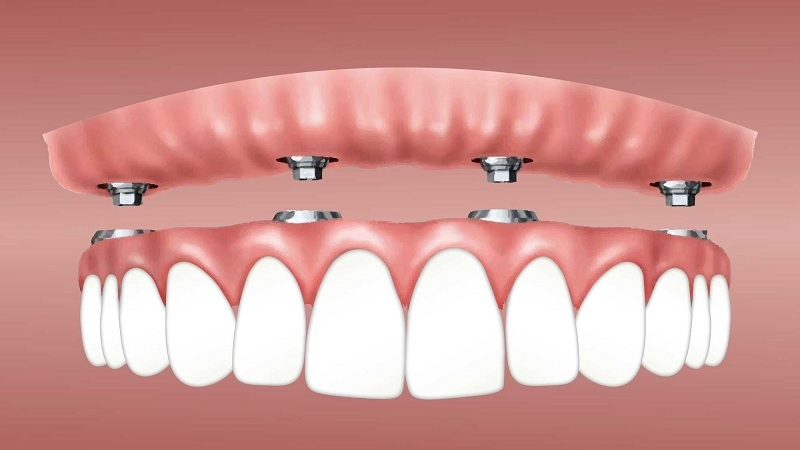One of the questions that the team at Davinci smiles gets asked often is, ‘Are dental implants Safe?’. In terms of the word ‘safe’, different patients are referring to different things. For some, it might be their oral health. Others might be worried about the aesthetic, especially general anaesthetic. And for others, they might be referring to the risks with regards to infection.
It is this third possibility that we will focus on most but let us touch briefly on the other two. First, very rarely will dental implants have any negative impact on someone’s oral health. If the dental implant becomes loose, then it is likely that there may have been some inherent weakness in their jawbone, or their bones in general, that was not apparent at the start of the process.
Also, we usually find that patients’ oral health, rather than diminish, is improved due to the patient having a renewed determination to keep their remaining teeth and their dental implants as healthy as possible.
When it comes to anaesthetic, whether it is a local or a general anaesthetic, here again, problems are an extreme rarity. Each of these is administered by a trained professional, and all safety protocols are in place, including ensuring that the patient is suitable, not only for dental implants but that having a general anaesthetic is not putting them at any risk whatsoever.
One risk that we must always be vigilant about when treating dental implants patient is infection. These can manifest themselves as soreness on the gums, and in the very worst of scenarios, as septicaemia, which can be severe.
If you have never heard of septicaemia, it occurs when harmful bacteria enter our bodies and attack our healthy organs. It can be caused by everything from an accidentally cut finger when using scissors to a skint knee from a fall on some rocks at a beach. In essence, anything which causes a break in our skin, whether accidental or deliberate, as in the case of surgery, presents a risk of infection, including septicaemia.
We must emphasise to you that the risk of any patient contracting septicaemia as a result of dental implants is minuscule, but a professional medical facility that has the wellbeing and safety of its patients at heart will take nothing for granted, and as such, it will take all necessary precautions. That includes DaVinci Smiles, who have stringent infection control protocols in place, which include those below.
Thorough Screening Of Patients: Unfortunately, there are some underlying medical conditions that can compromise a patient’s immunity system, and that means they are more prone to infections. Whilst this may not exclude them from being suitable for dental implants, it may mean that we have further consultations with their doctor or medical specialist to make sure.
Clean And Sterile Treatment Rooms: Harmful bacteria thrive in places that are dirty and unsterile, which is why every one of our treatment rooms is regularly cleaned and sterilised. This not only gets rid of any bacteria which exist but ensures that whenever a procedure takes place, it is in a room and with equipment that is sterile and bacteria-free.
Proper Scrubbing Up: As well as ensuring the room and the equipment being used for any procedure are safe, we also ensure that the personnel are too. This means that nurses and dental professionals involved in carrying out any stage of your dental implant procedure will be wearing sterile protective clothing and will have scrubbed up properly beforehand.
Appropriate Use Of Antibiotics: To halt any risk of infection, antibiotics might be prescribed for you. This could take the form of antibiotic gels for your gums or antibiotic tablets. Each individual will be assessed for the most appropriate. Before prescribing any medication, we will consult with a patient’s doctor should any medical condition they have to render necessary.
Remember…
Dental implants are safe. The evidence of this is that over 98% of all patients have no issues or problems, and that includes them being free of any infection. Even the small percentage that do have problems, these tend to be minor and easily resolved.


